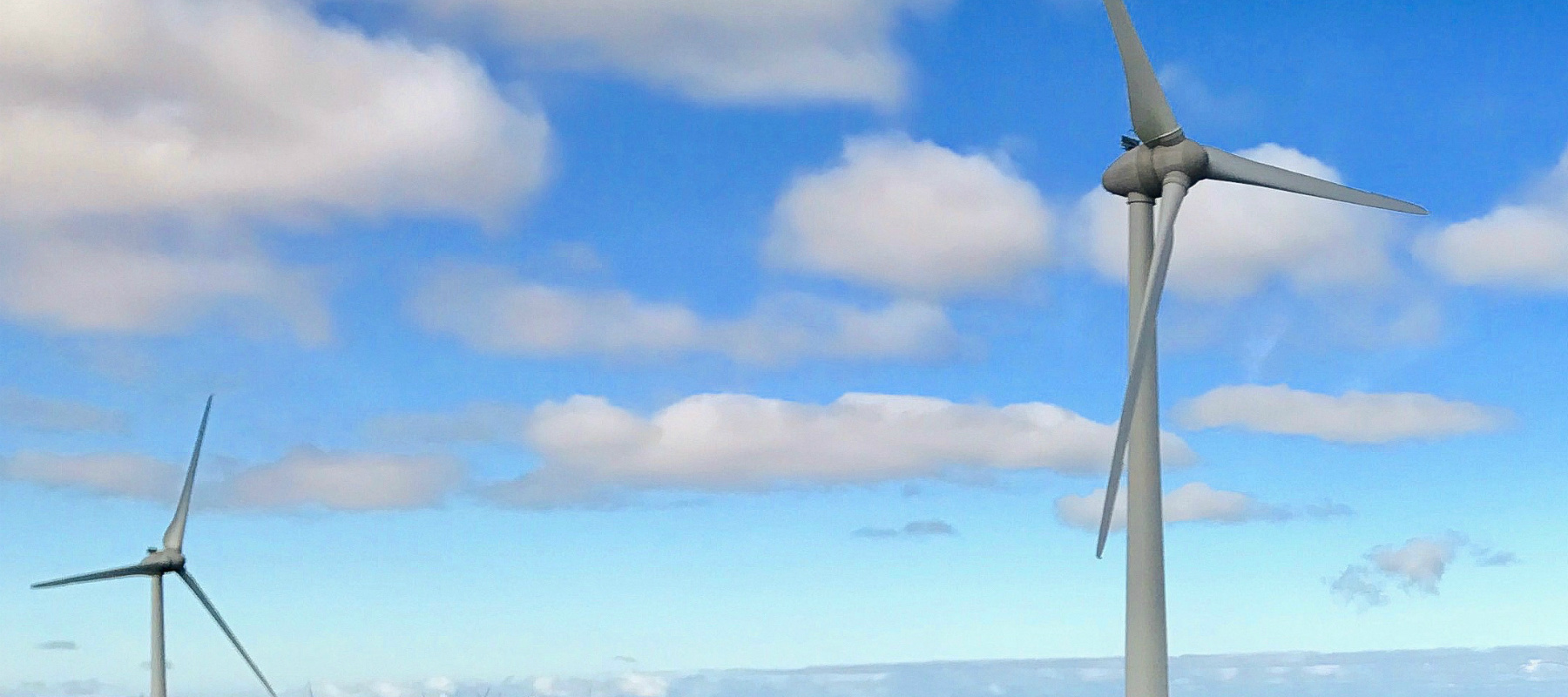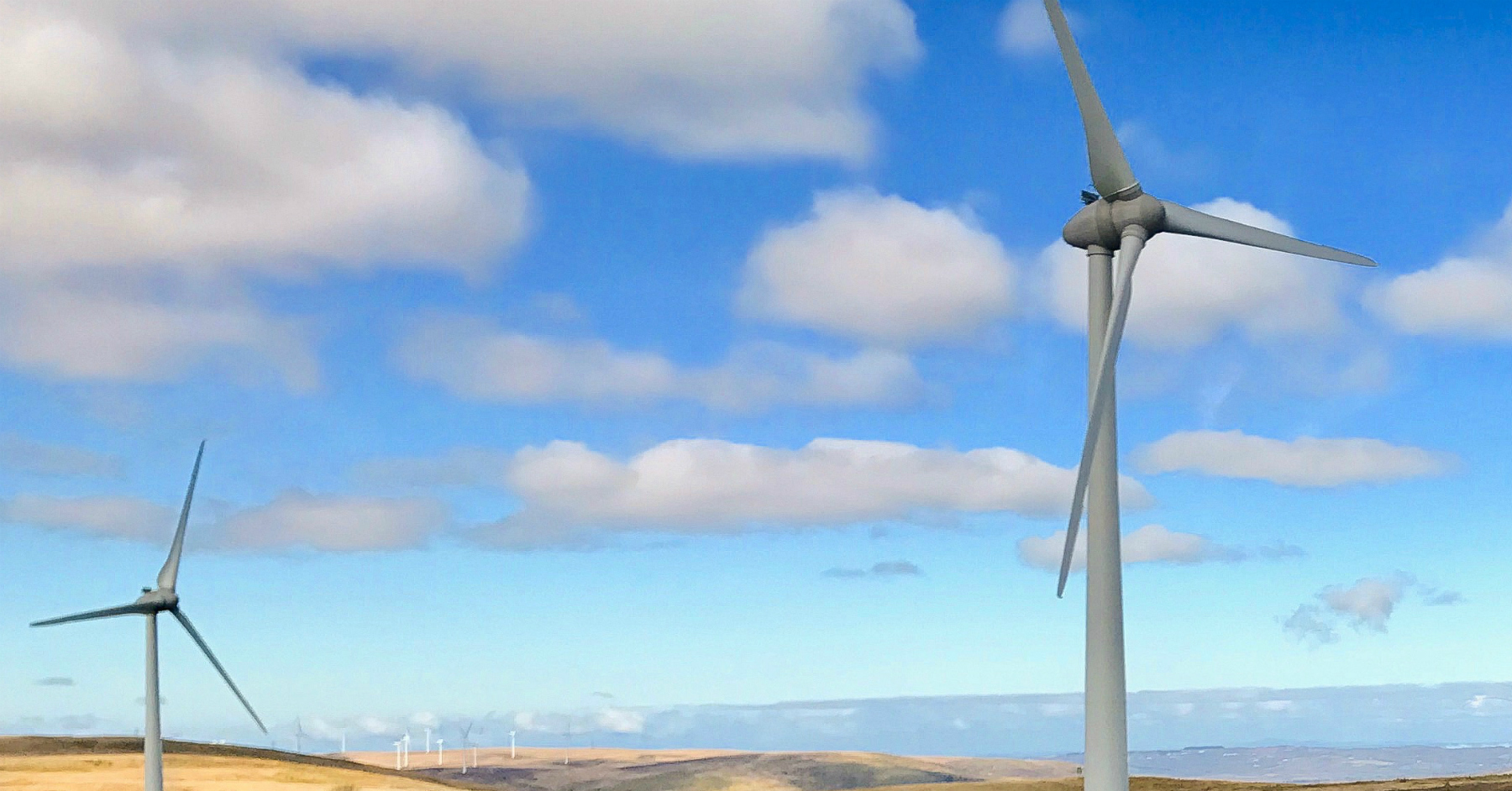We are in the midst of interconnected climate, biodiversity and freshwater emergencies. Human activities are having unprecedented, devastating impacts that we are running out of time to stop and reverse.
At EJF, we recognise that our work across all of our global campaigns, though aimed at protecting people and planet, also has an impact on the environment. Our unavoidable travel for investigations and advocacy; energy consumption; purchase of vital equipment; and the production of reports and other materials that are essential to our work leave a ‘footprint’ on the planet and have an environmental cost that we strive hard to reduce.
Our Sustainability Policy sets out measures that aim to genuinely reduce EJF’s carbon emissions and wider environmental impacts, including our approach to offsetting those unavoidable impacts.
Our culture
Our approach centres on a culture of care and concern for the environment that engages all our team, and we continuously review and improve our approach as we learn new ways to reduce our impacts.
To help deepen this culture and its positive impact we take these actions:
- Ensure staff are familiar with EJF’s sustainability policy and encourage them to follow it by including it in our policy handbook and informing new staff of our measures. We welcome new ideas for how we can improve.
- Encourage staff to think about their own environmental impact, sharing information and resources to help them reduce or eliminate their consumption of items that have a disproportionate impact on natural resources. This includes avoiding products containing palm oil, meat, dairy (for their carbon, land and water footprints) and unsustainable seafood. We actively reject unsustainable packaging, especially plastics and encourage staff to consider vegetarian or vegan diets.
- Have meat-free meals whenever we gather for work events and external meetings.
- Collaborate with NGOs and community representatives in every country where we operate, sharing ideas on best practices and learning from each other.
Our travel
With colleagues in 17 countries and investigations and advocacy reaching even further, we aim to address environmental insecurity and human rights abuses across the world. This sometimes involves travel, and we strive to both mitigate the environmental impact of journeys and minimise the footprint of our staff in destinations. To achieve this, we:
- Reduce travel by exploring all alternatives, conducting meetings and participating in conferences online where appropriate, and localising capacity in the countries where we operate.
- We aim to localise skills and capacity and are committed to training environmental defenders in the Global South, reducing the need for international travel by our investigative and filmmaking teams. We also work with local experts and commission filmmakers to supplement our needs and reduce international travel.
- Where travel is required, we use public transport and train travel where it is a practical and safe option and avoid flights wherever possible and always for short-haul trips. We prioritise this principle alongside financial costs and opt for the least environmentally harmful travel options (e.g. direct flights). We actively discourage the use of private cars, while recognising that in many parts of the world, particularly in remote areas of the global south where we often work, there currently are no alternative means of transport.
- When overseas, staff are encouraged to be respectful of local food security needs – to consume little and give priority to local, sustainable producers, and avoid products - including meat, dairy and fish - that exacerbate the negative local and global environmental impact as a result of their production or waste.
Our offices
Work spaces across the world are rapidly changing. While we have embraced a hybrid approach, we still value working face-to-face with colleagues in our national teams and have offices in many of the countries where we work. To reduce their impacts, we:
- Recycle everything we can, including old equipment, furniture and other office items. If not recycled, these items are donated for upcycling where appropriate and as a last resort, disposed of appropriately.
- At end-of-life, ensure electronic equipment is recycled or responsibly disposed of.
- Have a plastic-free pledge – rejecting single-use plastic in the office and encouraging staff and volunteers to consider the use of plastic in their work life.
- Use low-energy lighting and opt for the best energy ratings for electrical equipment, and ensure that equipment is always switched off when not in use.
- Source organic, sustainable and equitably-produced items for the office, including cleaning products, tea and coffee. We use refillable and reusable products where we can to reduce our waste.
- Where possible, strive for our offices to be located within energy- and water-efficient buildings. Where we have control over energy supply, we give preference to providers using renewable energy sources.
- Offer home-working for two days a week in most of our offices, reducing staff travel. We also have a cycle-to-work scheme to encourage our staff to cycle to work safely, contributing towards the purchase of bicycles and/or safety gear.
- Our hybrid working model helps reduce the size and footprint of our offices.
Our materials
We aim to minimise the impact of campaign materials, sharing many of our films, reports, briefings and other materials electronically. Where we do produce physical items, we:
- Share films on sustainably-sourced bamboo flash drives, where physical copies are required
- Print reports on 100% post-consumer waste recycled paper, using certified organic vegetable based inks.
- Restrict printing in offices to the absolute minimum required and use 100% recycled paper where we do print.
- Store most of our data in cloud-based solutions and pledge to track and monitor our digital carbon footprint, reduce it where practical and address what remains through robust carbon offsetting.
- Choose suppliers and businesses that share our commitment to ethical and sustainable working.
Our finances
The climate emergency is fuelled by a small group of fossil fuel companies, with just 100 responsible for 71% of global emissions since the establishment of the Intergovernmental Panel on Climate Change (IPCC) in 1988. We work hard to make sure we avoid supporting them through our finances and investments. We:
- Incentivise staff to invest in an ethical fund held by the EJF pension scheme provider.
- Keep financial reserves in ethical banks; we will never invest in unsustainable and inequitable funds that perpetuate environmental injustice.
- Never accept corporate support or donations from companies involved in the production of non-renewable energy, non-organic and demonstrably unsustainable foods, or mineral extraction, amongst other criteria.
- Invest in two community-owned renewable energy projects in Wales - a wind turbine and a solar project. We plan to expand these investments to bring significant environmental and community-led benefits in the future.
How do we offset our carbon usage?
The measures attempt to limit our carbon emissions. For those unavoidable emissions, we commit to reducing our carbon footprint wherever possible, offsetting our impact, and supporting truly renewable, sustainable energy production.
Carbon offsetting schemes – often focusing on the protection and restoration of nature-based solutions – are becoming increasingly commonplace in company and organisation sustainability policies. While nature-based solutions are our natural and critical allies in the fight against the climate crisis, carbon offsetting schemes should not be used as a substitute for real and drastic cuts to CO2 emissions. In addition, overseas offset schemes can be open to fraud and the violation of Indigenous communities and their rights, constituting a new form of land-grabbing and doing little to combat global heating.
For this reason, we choose to invest the money that we would spend on third-party offset schemes – going well beyond our carbon usage – into individual projects with demonstrable real and lasting impact on reducing net emissions and protecting vital ecosystems, with respect for Indigenous and local communities’ rights at their core. At the start of 2023, we are preparing a new round of community-led investments designed to have a demonstrable, measurable impact tackling climate change and protecting human lives and biodiversity.
Looking to the future
We are putting a revised carbon management strategy in place that will more accurately calculate the unavoidable emissions associated with our operations, mainly from energy and travel. We will use the strategy to devise targets and help reduce our emissions.
We are keen to learn from others and innovate to bring new solutions to the challenges we face. We will review our policy regularly and we will introduce additional criteria that help us succeed as a high-impact, low-environmental cost organisation.
Please get in touch if you have any questions or suggestions on this policy at info@ejfoundation.org.
SIGN UP FOR OUR EMAILS AND STAY UP TO DATE WITH EJF


